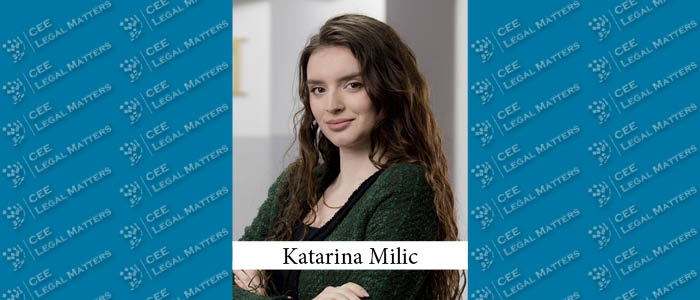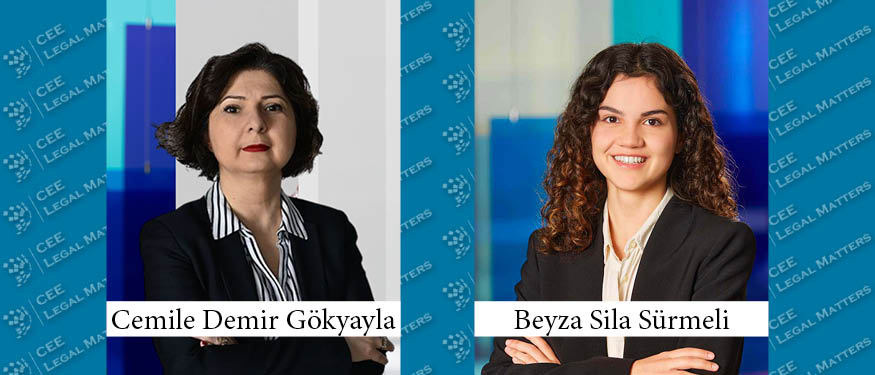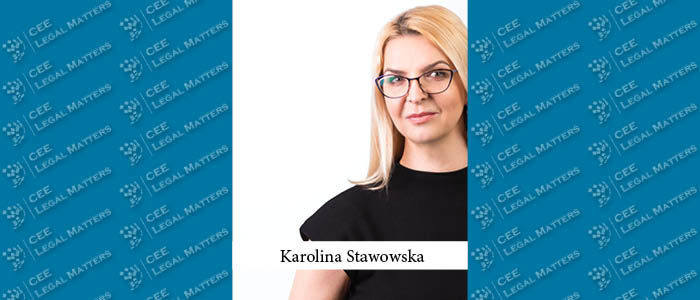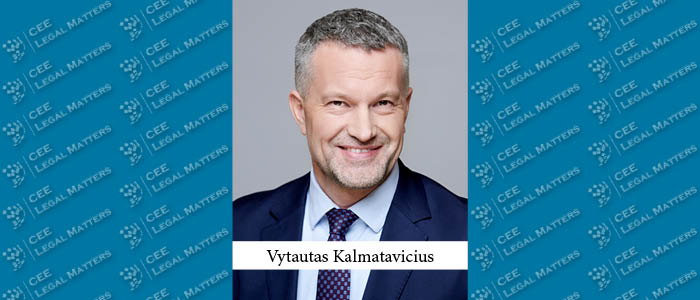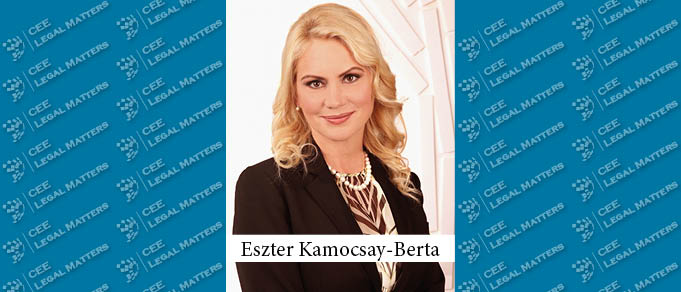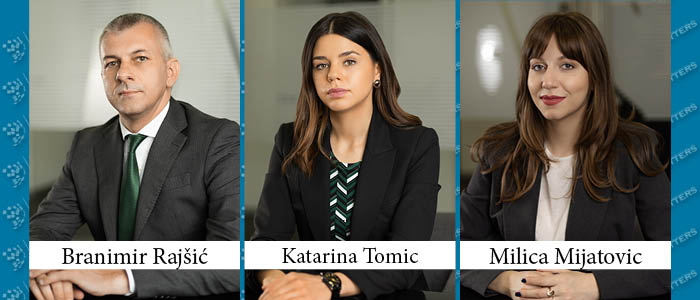Some significant amendments to the Hungarian Competition Act have entered into force. The Hungarian Competition Authority (HCA) has been very active recently in various sectors. This summary briefly describes the most important changes. Some of the changes require an update to the compliance materials for Hungary.
NBU permits early repayment of loans to DFIs and ECAs
The National Bank of Ukraine (“NBU”) further relaxed currency control restrictions allowing Ukrainian borrowers to make early repayments of cross-border foreign currency loans extended after 20 June 2023 to development finance institutions (“DFIs”) and foreign export credit agencies (“ECAs”).
Hungary: Does the Call of a Bank Guarantee Relieve the Beneficiary from the Settlement of Accounts?
In a recent decision, the Hungarian Supreme Court had to decide in case, where the amount called by the beneficiary of the guarantee was more than the actual costs incurred. Does call on the bank guarantee shall be proportionate to the costs actually incurred? Shall the beneficiary settle accounts with the debtor after the bank guarantee has been called?
Mandatory Branch Incorporation
Although a seemingly simple question, the obligation to incorporate a branch does not have a simple answer. Branch incorporation of business companies is foreseen by the Company Law (hereinafter: "Company Law").
What is Illegal Offline Should be Illegal Online - The Romanian Implementation of the European Union Regulation on a Single Market for Digital Service
On 20 October 2023, the National Agency for Administration and Regulation in Communications (“ANCOM”) and the Ministry of Research, Innovation and Digitalization submitted for public consultation the draft law establishing the national legislative measures necessary to implement the provisions of Regulation (EU) 2022/2065 of the European Parliament and of the Council on a Single Market for Digital Services and amending Directive 2000/31/EC (“DSA Regulation”) in Romania.
Serbia Enacted a Set of New Media Laws
The past few months in Serbia have seen significant public attention focused on two media laws: the Law on Public Information and Media and the Law on Electronic Media. Various opinions have been expressed, with the government of the Republic of Serbia, specifically the Ministry of Telecommunications and Information, as the formal proposer of these contentious amendments, while independent journalist associations have taken the opposite stance. On October 26, 2023, the National Assembly passed and adopted these amendments. Less than a decade after significant changes, these two crucial media laws have come under scrutiny to align with international standards of freedom of expression.
Offshore Wind Parks: A Glimpse into Montenegro's Future
The world has seen a significant shift towards sustainable energy sources in recent years. One of the most promising and rapidly growing sectors in the renewable energy industry is offshore wind parks. These structures that use the power of wind over the open seas are quickly gaining popularity as part of the global effort to combat climate change. This article will explore the global trend of offshore wind parks and shed light on Montenegro's potential in this eco-friendly energy source with a special focus on fixed-bottom wind parks.
Validity of an Arbitration Agreement Made by an Unauthorized Representative
In Turkish law, for a representative to be able to enter into a binding arbitration agreement on behalf of a principal, they must be specifically authorized by the principal (Turkish Code of Obligations Article 504/3 and Turkish Civil Procedure Law Article 74). An arbitration agreement made by a specially authorized representative can only become binding with the approval of the principal. For example, the commencement of arbitration proceedings by the principal personally may indicate the granting of this approval.
Tax Aspects of the Amendment to Poland's Code of Commercial Companies in Domestic Company Reorganisations
The recent amendments to the Code of Commercial Companies (CCC) introduced on September 15, 2023, have prompted a review of the Polish Tax Ordinance System Act, stemming from concerns raised by tax advisers regarding potential discrepancies in the tax laws that may lead to interpretational disputes between taxpayers and authorities.
Lithuania on the Path to Energy Independence
Many might be surprised these days, but when Lithuania joined the EU in 2004, it was an electricity exporter, producing more energy than it consumed. The Ignalina Nuclear Power Plant was operational, and Lithuanian consumers were unaware of potential concerns over electricity prices.
Revised Labor Migration Rules in Lithuania
The regulatory framework of the Lithuanian labor market underwent several important updates. Most of these developments are concerned with regulating labor migration.
An Overview of Intellectual Property Practices in Lithuania
Lithuania’s intellectual property (IP) market is active in the area of trademarks and copyright, with businesses and creators starting to understand the value of IP protection. This trend does not yet extend to patents, but trade secrets are a highly litigated area, and their protection is broader than ever.
Changes in the Payment Order Procedure
The rules on the order for payment order procedure have changed significantly as of 1 October 2023. Many of the changes are related to the simplification and digitalisation of the procedure.
New Hungarian Construction Act Under Way – What Will Be The Main Changes?
The draft of the new Hungarian Construction Act was recently published for public consultation. Although the act only lays down the general rules, and details will be laid down in other regulations that are not yet known, several new features can already be seen in the draft. In our short article we summarise a few important changes.
Changes in Value-Added Tax (VAT) and When Can the 20% Rate Continue to be Applied?
From January 1, 2024, the general VAT rate will increase from 20 percent to 22 percent.
Can the Conduct After the Conclusion of the Contract be Considered When Assessing Sham Contracting?
When we consider the validity of a contract on the basis of the parties' will, it is usually the will at the time of the conclusion of the contract that is relevant. In a recent decision, however, the Supreme Court of Hungary has pointed out that in the case of a long-lasting legal relationship, such as an employment relationship, the parties' actions after the conclusion of the contract in order to perform it must also be taken into account when determining the contractual intention.
The Law on Personal Income Tax May Change in Hungary
Presently, a legislative proposal has been placed on the agenda, focusing on measures aimed at streamlining governmental operations. This comprehensive proposal encompasses various modifications, one of which pertains to an amendment to the personal income tax act (“PIT Act”).
Free Trade Agreement Between the Republic of Serbia and the People’s Republic of China
The Republic of Serbia and the People’s Republic of China officially signed a Free Trade Agreement (FTA) on 17 October 2023.




